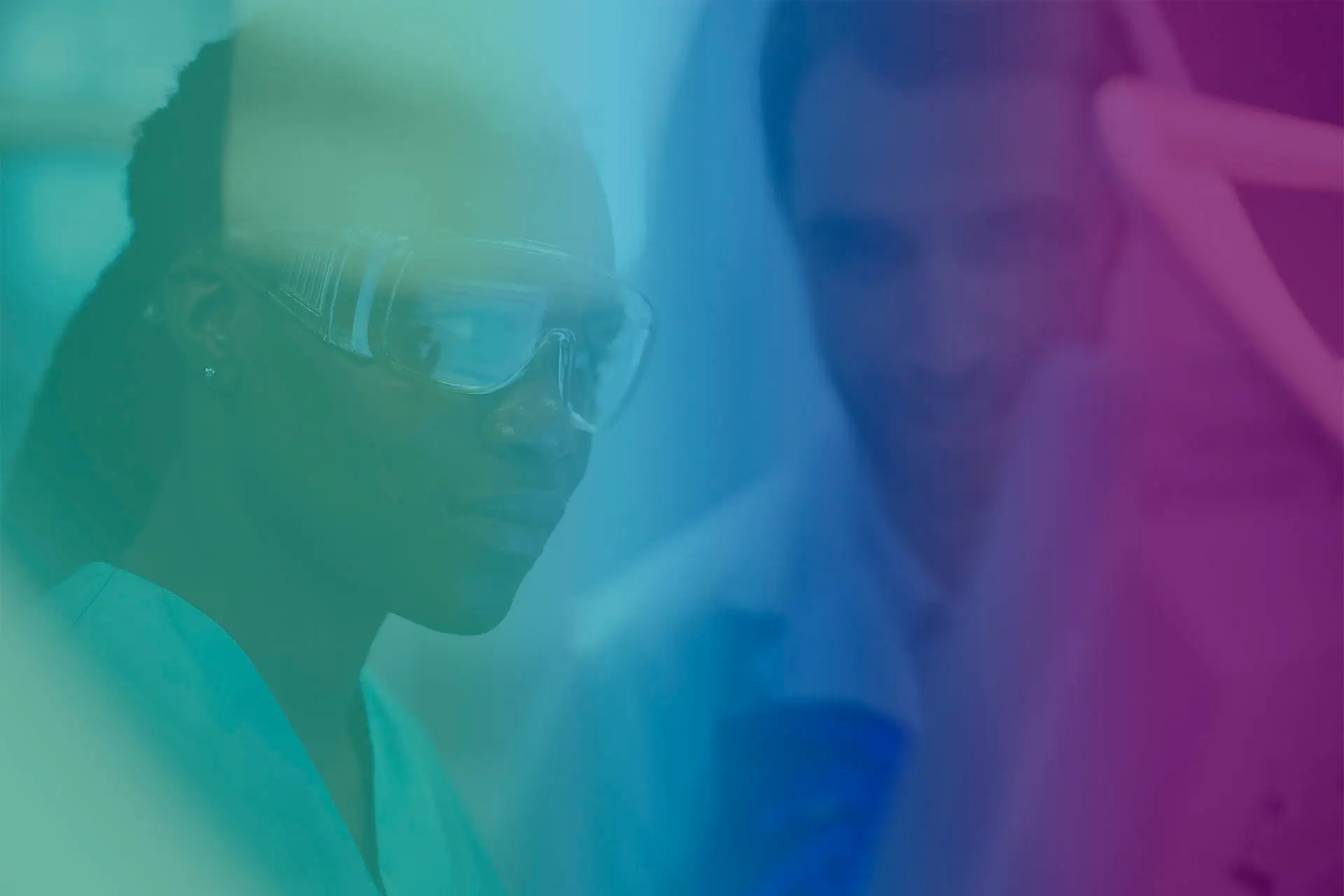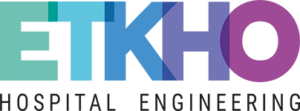
A key step toward ethical AI in health
AI has the potential to transform healthcare, improve clinical outcomes, and expand access to medical services. However, its implementation must be guided by sound ethical principles, evidence-based policies, and effective governance. The collaboration between WHO and TU Delft seeks to ensure that the adoption of AI in health is done in a safe, equitable, and responsible manner.
We are witnessing considerable progress, with AI poised to transform health systems and support people on their health journey. To ensure that these benefits reach everyone in an ethical, safe, and equitable manner, we rely on strong technical and academic partnerships to guide us in this rapidly evolving field.
_Dr. Alain Labrique, Director of Digital Health and Innovation at WHO.

Functions of the new Collaborating Center
The TU Delft Center for Digital Ethics will play a crucial role in the WHO’s efforts to promote the ethical and responsible use of AI in health. Its main functions include:
- Advancing research on priority topics related to AI in health.
- Providing expert input for the development of guidance and policy formulation by the WHO.
- Serving as a center for education and promotion of science-driven research.
- Facilitating knowledge sharing and capacity building through regional and national workshops.
In addition, the Laboratory for Responsible and Ethical AI in Healthcare, a collaboration between TU Delft and its partners, will provide valuable insights into the challenges involved in effectively implementing WHO guidance in clinical practice.

Commitment to responsible innovation
Professor Jeroen van den Hoven, Scientific Director of the Center for Digital Ethics at TU Delft, said:
“Building on two decades of research in digital ethics and responsible innovation, the Delft Center for Digital Ethics is one of the pioneers in applying ethical values to the design requirements of digital technologies such as artificial intelligence. We look forward to contributing to the global health community and advancing the responsible use of AI in health.”
Dr. David Novillo-Ortiz, Regional Advisor and Head of the Data, Evidence and Digital Health Unit at the WHO Regional Office for Europe, said:
“The designation of the Delft University of Technology Digital Ethics Center as a WHO collaborating center strengthens our collective capacity to ensure that AI serves public health in an equitable and responsible manner. This collaboration will be crucial in helping Member States navigate the opportunities and challenges posed by AI, fostering trust, transparency, and innovation in digital health.”
A milestone in global AI governance in health
This designation underscores WHO’s commitment to evidence-based AI governance, promoting responsible use of AI and upholding the highest ethical standards. The collaboration with TU Delft represents a significant step towards integrating AI into health systems in a way that benefits everyone, leaving no one behind.



